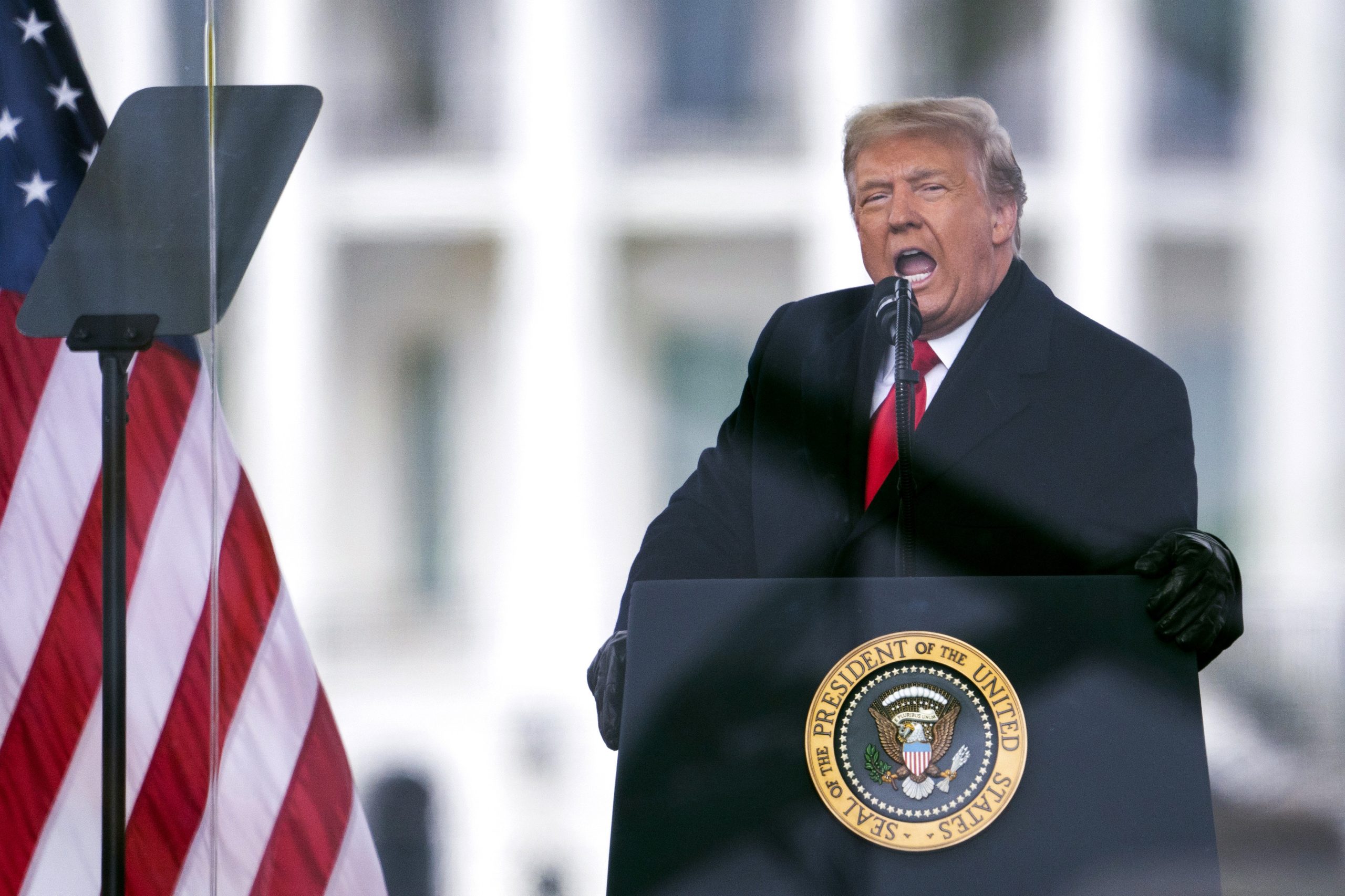
The storming of the United States Capitol on January 6, 2021, stands as a pivotal moment in American history, underscoring the fragility of democratic institutions and the depths to which political polarization can lead.
What began as a joint session of Congress convened to certify the results of the 2020 presidential election, ended in chaos and violence orchestrated by a mob of supporters of then-President Donald J. Trump. Their aim was to disrupt the certification process, which would formalize Joe Biden’s victory, thus culminating in an event widely deemed an insurrection or attempted coup d’état.
The backdrop to this unprecedented attack was the contentious 2020 presidential election, marred by the COVID-19 pandemic. Trump’s repeated downplaying of the pandemic’s severity and his dismissal of safety measures like absentee ballots set the stage for a deeply polarized electorate. After a higher than expected absentee ballot turnout among Democratic voters, Trump and his allies mounted numerous legal challenges to election procedures, alleging fraud and manipulation. Despite the dismissal of these lawsuits, Trump persisted in spreading baseless claims of electoral fraud, fueling a narrative of a stolen election among his supporters.
Trump called on Pence to refuse certification
In the days leading up to January 6, Trump intensified his rhetoric, urging his followers to converge on Washington D.C. for a rally aimed at overturning the election results. At this rally, attended by thousands, Trump’s surrogates and family members echoed his false claims and incendiary language. In his own speech, Trump called on Vice President Mike Pence to obstruct the certification process and encouraged the crowd to march to the Capitol, exhorting them to “fight like hell.”
What followed was a coordinated assault on the Capitol by a frenzied mob, comprised of various extremist groups and fueled by conspiracy theories. Overwhelming Capitol Police forces, the rioters breached barricades, assaulted officers, and ransacked the building. Inside, lawmakers were forced to evacuate or seek refuge as the mob rampaged through the halls, searching for perceived adversaries. Pence, in upholding his constitutional duty, had already refused to intervene in the certification process, further enraging the rioters.
Trump continued election lies
The aftermath of the attack saw widespread condemnation, including from within Trump’s own party. Though initially hesitant, Trump eventually issued tepid calls for peace while continuing to assert the election was stolen. The subsequent fallout included Trump’s impeachment by the House of Representatives for incitement of insurrection, though he was ultimately acquitted by the Senate.
In the months that followed, law enforcement agencies worked tirelessly to identify and apprehend the perpetrators, while congressional investigations sought to uncover the roots of the violence. Despite partisan obstacles, the Select Committee to Investigate the January 6th Attack on the United States Capitol pressed forward, conducting hearings and issuing subpoenas to key figures, including Trump himself.
Trump’s efforts to block the release of pertinent documents pertaining to the events of January 6 were rebuffed by the courts, underscoring the importance of accountability and transparency in the face of such unprecedented challenges to democracy.